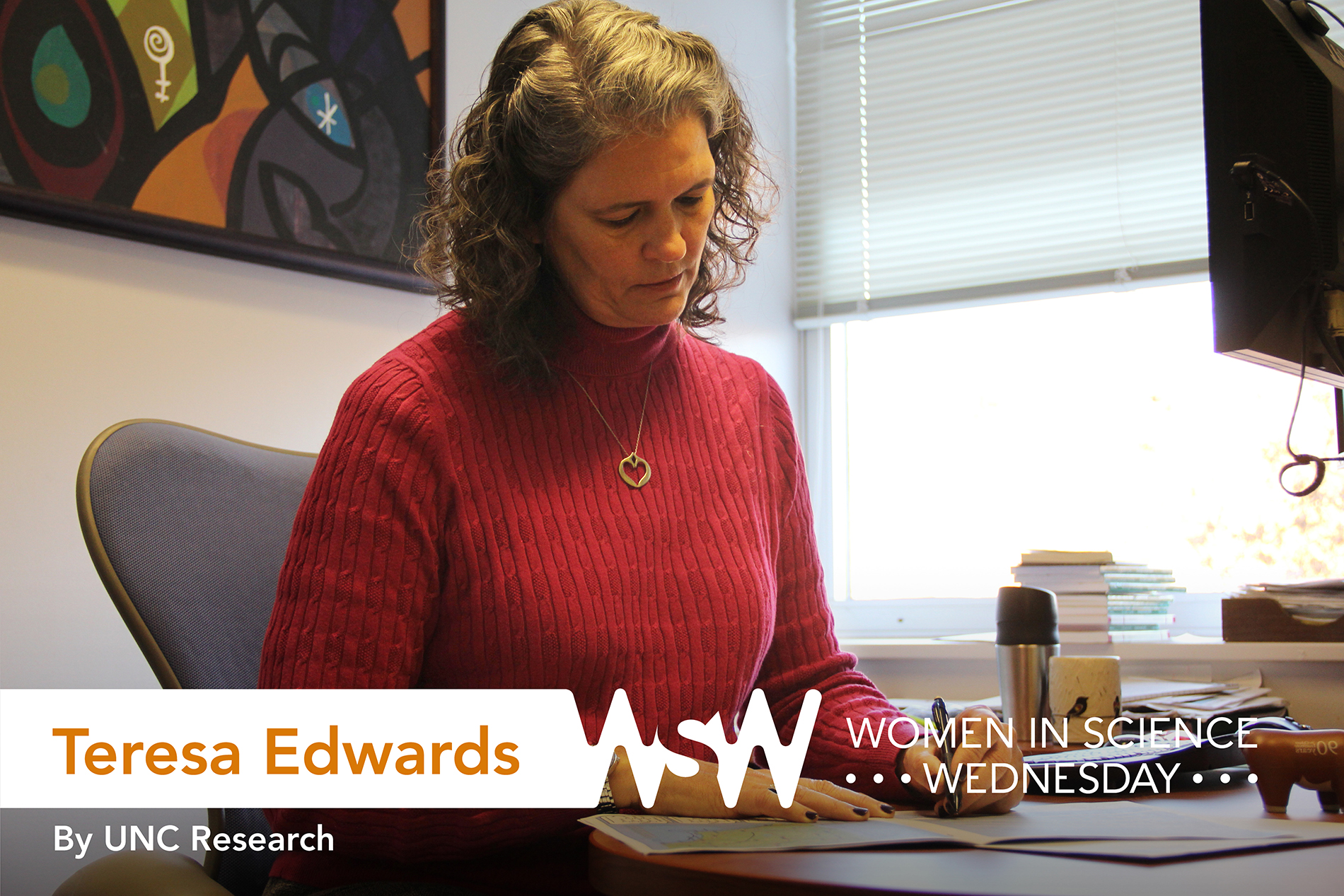When you were a child, what was your response to this question: “What do you want to be when you grow up?”
Describe your research in five words.
“Big data needs little data.”
To be honest, I don’t remember — but I’ve always loved numbers (math), puzzles, and problem solving. And I’ve always been interested in what motivates people to do what they do — why one person views a situation a certain way and makes a particular choice or decision, but another person views the same situation differently and/or makes a different choice. Understanding human behavior is one big puzzle, and collecting and analyzing data from and about humans via surveys is a step toward solving the puzzle.
Share the pivotal moment in your life that helped you choose research as a career path.
The summer after my sophomore year of college, I took a job as a telephone interviewer for a research project led by my sociology professor, Cynthia Woolever. I helped her code and key data. (No, not punch cards, I’m not quite that old — but close.) She showed me how, with a few commands, we could quickly get numbers that provided insight into what was attracting new participants to the particular church denomination whose members we had surveyed. I was hooked. I vividly remember the day I said: “Hey, this is fun. Can a person make a living doing this?” She was a terrific mentor and helped me find the Applied Social Research program at the University of Michigan.
What’s an interesting/funny story from your time doing research?
In 2016, I mailed survey invitation letters to a random sample of North Carolina addresses for a project I was working on. A few weeks later, I got an email from one of the recipients. It read: “During my RTI years, I had the great pleasure of having one Teresa Edwards as a colleague and friend, and I hate that I lost touch with her. When I saw your name in the letter requesting my participation, I was curious if you were indeed my long lost friend.” It was from a former colleague I had lost touch with after leaving Research Triangle Institute (now RTI International) in 2003!
What advice would you give to up-and-coming female researchers in your field?
Find a mentor. Knock on doors, ask around, ask Google. Don’t be shy; make a pest of yourself if that’s what it takes. You only learn research skills by doing research, so get your hands in some data. Offer to work for free. Do the “boring” work of data coding, cleaning, or data entry. Ask to shadow a researcher, then ask good questions to show your interest.



